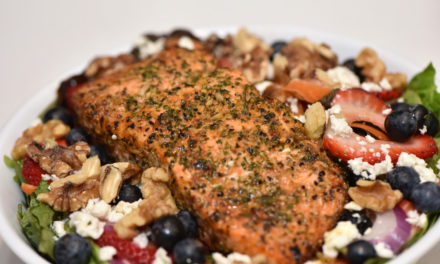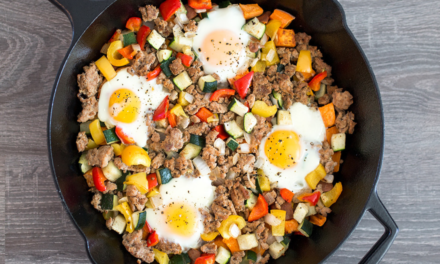The health and fitness industry thrives on fads. The most popular fitness programs decades ago are now obsolete, and diets that are all the rage will be forgotten in a few months. Before you dive into the newest diet craze, it’s important to gain a better understanding of what these diets entail, how they work, and whether or not they will work for you.
INTERMITTENT FASTING
Intermittent Fasting is a broad term used to describe a pattern of eating in which you restrict your food intake to a specified eating window. While many start the day with an early breakfast and end with an after-dinner snack later in the evening, those who fast intermittently may consume all of their meals within a six or eight-hour eating window.
There is some misinformation behind the idea of intermittent fasting. Some sources claim it’s the best way to pursue fat loss, while others imply that it’s as simple as skipping breakfast to get abs. Everyone fasts to some extent; when you sleep, you are fasting. This period of fasting is important for helping regulate blood lipids and blood pressure, reducing inflammation markers, and stimulating metabolism—all normal processes. The claim that intermittent fasting is a helpful fat loss strategy stems from these benefits, but doesn’t mean it is a magic solution for weight loss.
Losing weight requires a calorie deficit, or eating fewer calories than you are burning each day. Intermittent fasting can result in weight loss since skipping a meal or two often means you’re taking in fewer calories throughout the day. However, if skipping meals has you feeling hungry and miserable, it may not be the best strategy for you.
THE KETOGENIC DIET
The Ketogenic diet is a low-carb, high-fat eating pattern. When followed consistently, this diet puts your body in a state of ketosis where it burns fat as its primary source of fuel instead of glucose. A standard diet is often rich in carbohydrates, but the state of ketosis requires eating very few carbs (between 25 and 50 grams per day or less).
Many of the carbohydrates consumed in a typical American diet are from processed foods and refined sugars such as chips, candy, soda, and baked goods. However, there are many good sources of carbohydrates like vegetables, fruits, whole grains, beans, and legumes. Carbs alone aren’t responsible for weight gain.
By cutting out most carbs, especially those from processed sources, you eliminate many excess calories from your diet. Successful weight loss from a keto diet comes from eliminating these extra calories, thus creating a calorie deficit, and can be successful if adhered to consistently. However, a keto diet can be difficult to follow consistently if it does not meet your desired food preferences and can be less healthy if you rely on processed foods and poor-quality fats for your main source of calories.
A PLANT-BASED DIET
A plant-based diet focuses on eating foods primarily from plants, meaning mostly fruits and vegetables, nuts and seeds, whole grains, legumes, and beans. A plant-based diet does not necessarily mean you are vegan or vegetarian and refrain from all meat and dairy. Rather, it means focusing on mainly whole foods from plant sources.
Everyone can benefit from eating more plants, and a plant-based diet can lead to successful weight loss when it creates a calorie deficit by helping you eat more whole foods and fewer calorie-dense processed foods. If considering a plant-based diet, it is important to truly focus on whole foods from plants rather than just cutting out meat and dairy and filling your diet with processed meat and dairy alternatives.
THE BOTTOM LINE
All weight loss requires a calorie deficit, or eating fewer calories than you’re burning on average, and there are many ways to achieve that deficit. Eliminating specific food groups, reducing eating times, or replacing calorie-dense foods with more nutrient-dense alternatives are all strategies that can create a calorie deficit if adhered to consistently.
When it comes to choosing a diet, there is no secret to rapid and effortless fat loss; the key is finding something that works with your lifestyle. If you love carbs, keto may not be the solution; if you enjoy an early breakfast before work and late family dinner, intermittent fasting may just make you miserable.
So what’s the best diet?
The priority is finding one that fits with your preferences and works with your lifestyle because, in the end, the best diet is just the one you can stick to.
Kate Lyman, MPH, CHES is a nutrition coach who believes in ditching restrictive diet rules and building flexible eating habits so that you can eat the foods you enjoy while still working towards your aesthetic, performance, and health-related goals. She provides individual and corporate nutrition coaching and creates resources that can help anyone improve their diet. Find her cookbooks, nutrition guides, and other resources at katelymannutrition.com or on follow along at @klnutrition.










